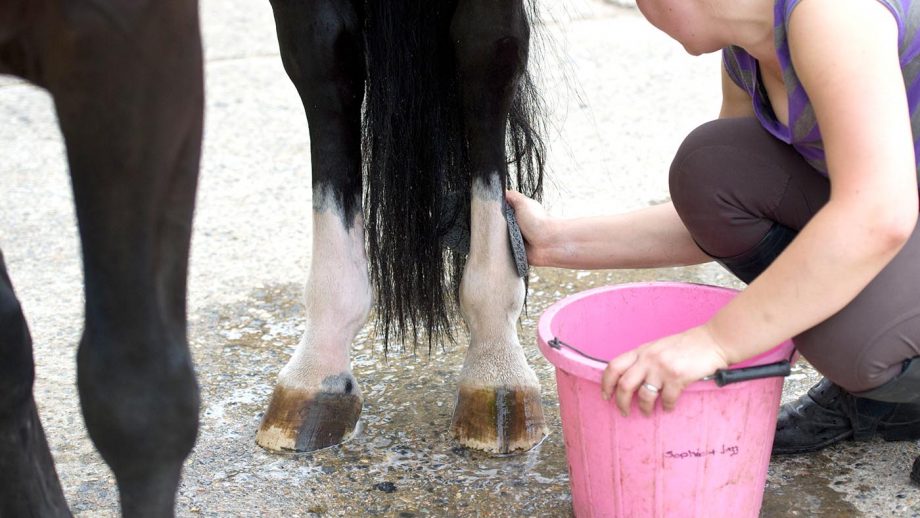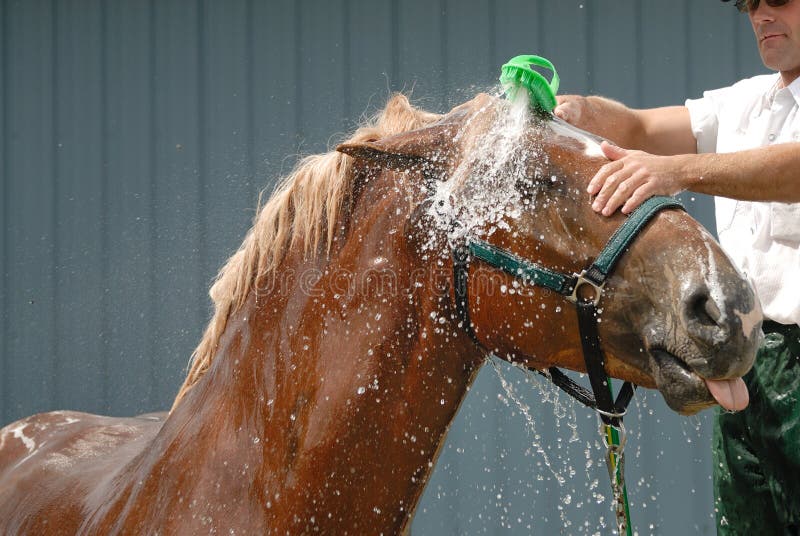Owning a horse is a dream for many, but it requires a lot of responsibility and dedication. Understanding how to care for a horse for beginners is crucial to ensure the well-being of your equine companion. In this guide, we’ll delve into the basics every novice should know.

Choosing the Right Horse
The first step in horse care is selecting a horse that matches your riding skill and experience. A well-matched horse can make learning easier and more enjoyable.
Assessing Your Riding Skills
Before purchasing a horse, evaluate your riding ability. Beginners should consider riding gear tips that can aid in controlling and understanding the horse better.
Understanding Horse Nutrition
Proper nutrition is fundamental to your horses health. A balanced diet should include hay, grains, and plenty of water.
Essential Nutrients
Consult with a veterinarian to create an appropriate feeding plan tailored to your horses age, breed, and activity level.
Providing Adequate Shelter
A safe and comfortable shelter is crucial. It protects your horse from harsh weather and provides a place to rest.
Stable Essentials
Your stable should be clean, safe, and large enough for your horse to move around comfortably. For more on keeping your horse’s environment safe, check out Horse First Aid 101.
Regular Exercise and Training
Exercise keeps your horse healthy and happy. Regular training builds a strong bond between you and your horse.
Training Routines
Begin with simple groundwork exercises to develop a connection with your horse and to instill discipline.
Routine Health Care
Regular veterinary check-ups are vital for preventative health care. Vaccinations, dental care, and deworming should be on your checklist.
Signs to Watch For
Learn to spot signs of distress or illness early. This includes changes in appetite, weight, or behavior.
Grooming Your Horse
Grooming is not only about appearance but also about health care. Regular grooming helps detect injuries or health issues.
Tools You Need
Invest in quality brushes and hoof picks. Grooming should be a pleasurable experience for both you and your horse.
Social Interaction
Horses are social animals. Interacting with other horses helps them stay mentally and emotionally healthy.
Methods of Interaction
Pasturing horses together or arranging playdates can enhance their social skills.
Ensuring Safety
Safety is paramount for you and your horse. Equip your stable with necessary safety tools and learn the basics of handling emergencies.
Safety Tools
Have a first aid kit readily accessible and familiarize yourself with its use. Refer to gear maintenance tips for safety during riding.
Learning More
Continual learning is key. Attend workshops and read up-to-date resources on horse care to improve your skills.
Recommended Resources
Websites, books, and equestrian clubs can offer valuable insights into horse care for all levels.

FAQs
How much time should I spend with my horse daily?
Spending at least an hour each day with your horse helps to strengthen bonds and provide necessary care.
What should I do if my horse refuses to eat?
Monitor the horse for any signs of illness and consult a vet if the situation persists for more than a day.
How do I know if my horse enjoys my company?
Horses may show interest in your presence by being calm, responsive, and willing to approach you on their own.







